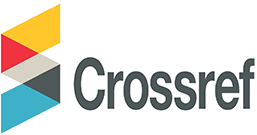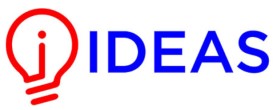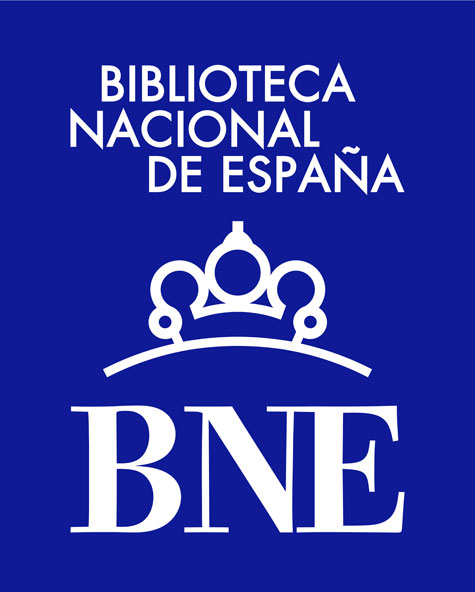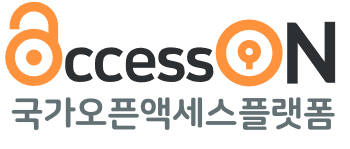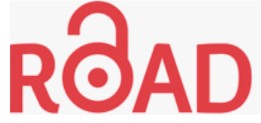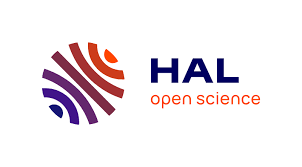Perspectiva de gênero e outros debates sobre mulheres
DOI:
https://doi.org/10.51896/easc.v2i1.550Palavras-chave:
Género, equidade, atitudes, mulher, perspectiva de gênero, CubaResumo
Já há algum tempo, em muitas regiões do mundo, têm sido tomadas ações para reduzir o fosso que existe entre homens e mulheres em questões relacionadas com direitos e deveres sociais, políticos e/ou domésticos, etc., que exaltam as conquistas obtidas, os avanços que as mulheres modernas alcançaram, o empoderamento feminino. Falam da maior participação económica e política que as mulheres do século XXI têm na sociedade, liberdade de ação e expressão, igualdade salarial, oportunidades de profissionalização, entre outros. Mas pouco se discute sobre as verdades e situações por trás de cada conquista alcançada. Dos sacrifícios que cada passo dado implica para as mulheres na longa escalada rumo a uma sociedade mais equilibrada. O objetivo deste artigo é socializar critérios recolhidos através de métodos empíricos, baseados nas experiências, opiniões e critérios de mulheres e homens que aceitaram partilhá-los com investigadores, com o intuito de consciencializar sobre a necessidade de compreender que a única forma de ser justo significa alcançar a equidade e o equilíbrio nas obrigações, oportunidades, deveres e direitos de cada sujeito, independentemente do seu género. O ensaio também apresenta definições atualizadas de conceitos como equidade e linguagem inclusiva, entre outros, para que quem o lê conheça suas diferenças, semelhanças e características, como forma de desenvolver a educação inclusiva.
Downloads
Referências
Cabello, M. J. y Martínez, I. (2013). Inclusión de una perspectiva de género para la mejora de la educación básica en Mozambique. Polifonías Revista de Educación, 4, 79-96. https://tinyurl.com/2yw83oum
Cabello, M. J. y Martínez, I. (2017). Aportes teóricos de la perceptiva de género en la mejora de la educación de las niñas en África. Educación XX1, 20(1), 163-181, doi: 10.5944/educXX1.14474
Crocq, M. A. (2021). How gender dysphoria and incongruence became medical diagnoses -a historical review. Dialogues in Clinical Neuroscience, 23(1), 44-51. https://doi.org/10.1080/19585969.2022.2042166
Fleitas, Y., Rodríguez, K., Cañete, E. E., & González, A. L. (2020). Una propuesta metodológica para el tratamiento a la equidad de género en la Universidad. Revista Publicando, 7(27), 29-37. https://revistapublicando.org/revista/index.php/crv/article/view/2129
García, B. (2010). Cooperar en femenino: políticas y prácticas de cooperación con perspectiva de género. Tirant lo Blanch.
Lafortune, L., Páez, V., Guillot, M.-C., Calcerrada, M., Clisson, M., Gongora, L., Sorin, N., Cruz, Y., Páez, E. & Medina, R. (2024). Perspectivas sociopedagógicas para la equidad de las mujeres Cuba-Quebec. Reflexiones colectivas para el cambio. JFD Éditions.
Lagarde, M. (1996). El feminismo en mi vida. Hitos, claves y utopía. Instituto de las Mujeres de Ciudad de México.
Lagarde, M. (2012). Género y Feminismo. Desarrollo Humano y Democracia. Ed. Horas y Horas.
Ley General de Acceso de las Mujeres a una vida libre de violencia. (2024). https://www.diputados.gob.mx/LeyesBiblio/pdf/LGAMVLV.pdf
Ley General para la Igualdad entre Mujeres y Hombres. (2023). https://www.diputados.gob.mx/LeyesBiblio/pdf/LGIMH.pdf
Nan, M. Z. (2020). Diferencias entre lenguaje estándar y lenguaje inclusivo en el contexto de las luchas políticas. Heterocronías. Feminismos y epistemologías del Sur, 2(1), 56-68. https://revistas.unc.edu.ar/index.php/heterocronias/article/view/29757
Naranjo, A. (2010). La transversalización del enfoque de género en la formación de profesionales de la educación, desde las potencialidades de la disciplina Formación Pedagógica General. Tesis doctoral. Universidad de Ciencias Pedagógicas. Holguín.
Oliva, A. (2007). Debates sobre el género. En Amorós, C., Teoría feminista: de la ilustración a la globalización (pp. 15-57). Minerva.
Rodríguez, T. A. y Dzul, A. R. (2019). Violencia de género como factor de problemas Sociales y Académicos. Tesis para obtener el Grado de Licenciados en Derecho. Universidad de Quintana Roo, México. http://risisbi.uqroo.mx/handle/20.500.12249/2337
Publicado
Como Citar
Edição
Seção
Licença

Este trabalho está licenciado sob uma licença Creative Commons Attribution-NonCommercial 4.0 International License.
Usted es libre de:
- Compartir — copiar y redistribuir el material en cualquier medio o formato
- Adaptar — remezclar, transformar y construir a partir del material
Bajo los siguientes términos:
- Atribución — Usted debe dar crédito de manera adecuada, brindar un enlace a la licencia, e indicar si se han realizado cambios. Puede hacerlo en cualquier forma razonable, pero no de forma tal que sugiera que usted o su uso tienen el apoyo de la licenciante.
- NoComercial — Usted no puede hacer uso del material con propósitos comerciales.





